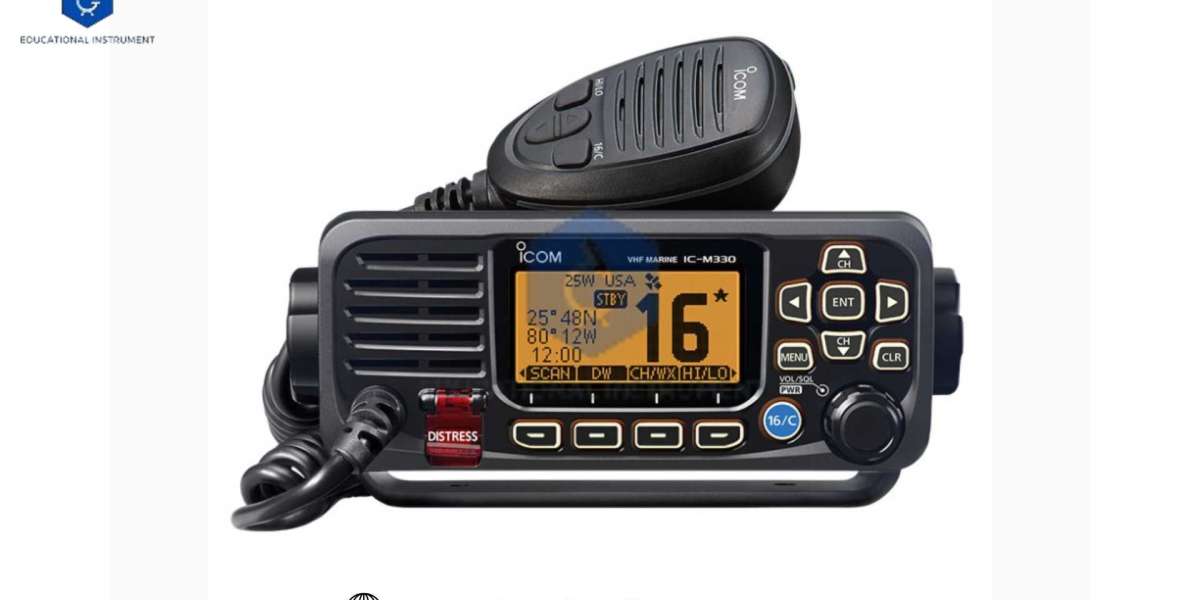In today's bustling and demanding world, stress has become a prevalent companion for many individuals. Understanding the nature of stress and adopting effective management strategies is crucial not only for coping but also for thriving in the midst of a fast-paced lifestye with best life .
Stress: Uncovering its nature
Stress is the body’s natural reaction to perceived threats and demands. Stress can be motivating and give you a boost of energy when faced with a difficult situation, but chronic stress can negatively impact your physical, mental and emotional health.
Stress Types and Their Recognition
Acute stress: This is a short-term stress that can be caused by immediate stressors such as deadlines or presentations.
Chronic stress: Long-term exposure to stressors, such as financial issues, relationship problems, or work pressures, can lead to chronic anxiety, which has a significant impact on health if not managed.
Stress and Health
Physical effects: Chronic Stress can lead to hypertension, cardiovascular diseases, immune system problems, and digestive issues.
Emotional and Mental Impact: Stress may cause anxiety, depression, irritability and difficulty concentrating. This can affect mental health and cognitive functioning.
Effective Stress Management Techniques
Meditation and Mindfulness: Both of these practices cultivate a sense of present moment awareness and reduce the effects stress has on the body and mind.
Physical activity: Regular physical exercise releases endorphins which are natural stress relievers and improves overall health.
Healthy Lifestyle: Adequate sleep, proper nutrition, and limiting alcohol and caffeine intake are important factors in stress management.
Time management and prioritization: Setting realistic goals and organizing tasks can reduce feelings of overwhelm.
Thriving in an Fast-Paced Environment
Set Boundaries Setting boundaries in the personal and professional realms can help manage workload and prevent burnout.
Technology is a convenience. But setting a limit on screen time will reduce the stress that comes with constant connectivity.
Self-compassion is important: Being kind and accepting of oneself, recognizing limitations, and practicing self care are essential in managing stress.
Stress Management Strategies
Relaxation and Deep Breathing Techniques: Techniques such as deep breathing exercises and progressive muscle relaxation can calm the body and mind.
Seeking support: Talking with friends, family or a professional can be a valuable way to cope in stressful situations.
Leisure Activities and Hobbies: Engaging hobbies and leisure activities that bring you joy and relaxation is a great way to relieve stress and feel health better .
The conclusion of the article is:
Understanding the impact of stress on our lives is the first step to effectively managing it. Stress management techniques, boundaries and self-care are all important to help you cope with the fast-paced environment and live a healthy and fulfilling life.
This article dives into the nature of stress, its impact on health, and offers various practical strategies for effective stress management, empowering individuals to navigate a fast-paced world with resilience and well-being. If you require further details on specific stress management techniques or additional information, feel free to let me know!



